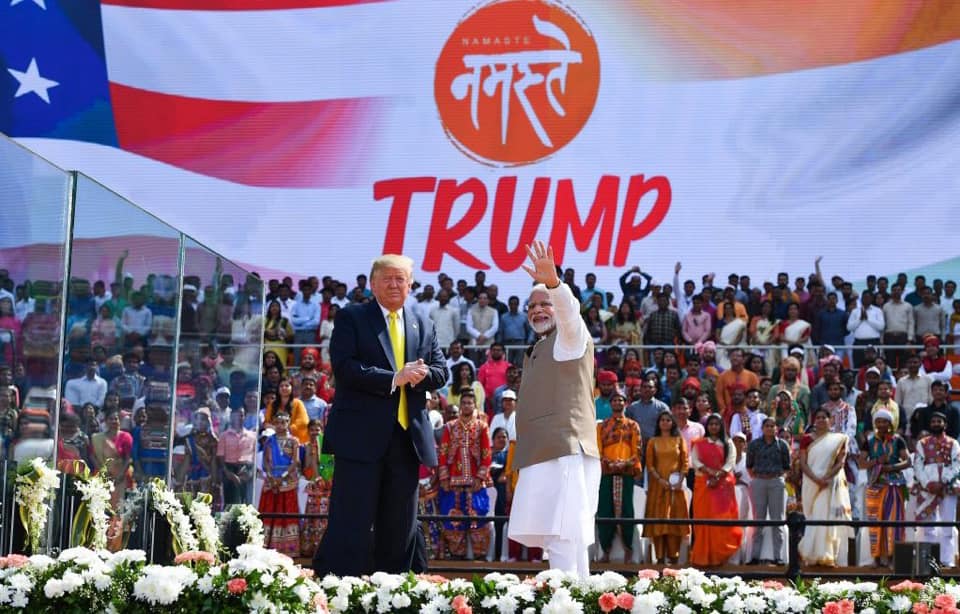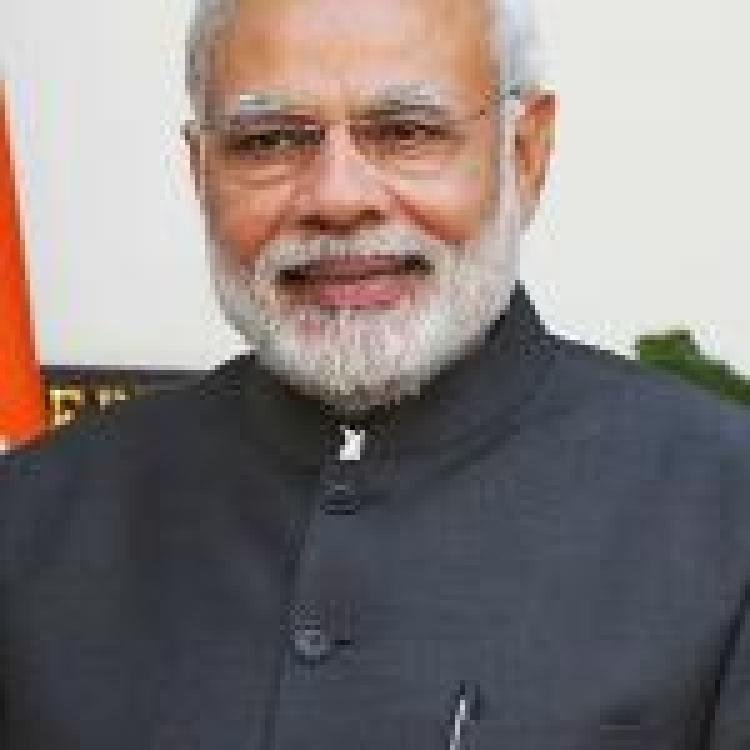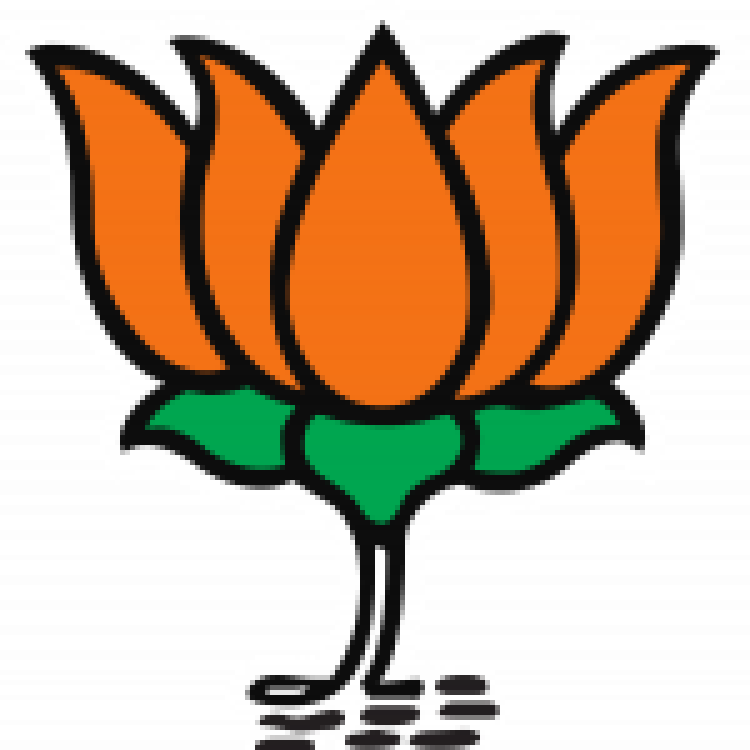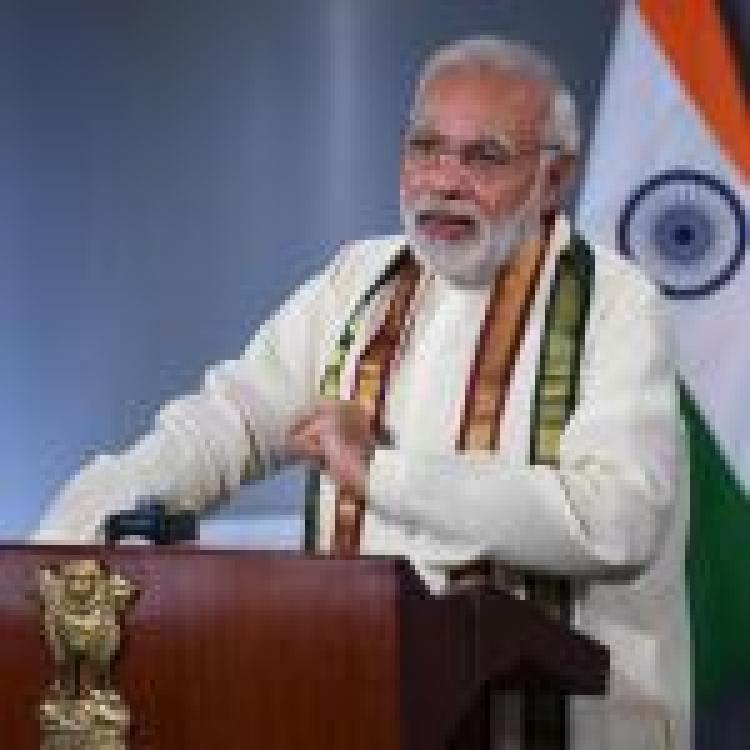
During the US President, Donald J Trump’s, visit India to meet with Hindu nationalist Prime Minister Narendra Modi, anti-Muslim mobs rioted throughout Delhi, leaving an approximate 42 dead, the majority of whom are Muslim.
The riots in Delhi are reported to be the most deadly since the assassination of Indira Gandhi in 1984. During the riots at least 4 mosques were set on fire as well as Muslim owned shops, homes and places of business. The New York Times notes that many of the victims had been killed by gunfire.
The riots which were led by hardline Hindu-nationalists were in response to a peaceful protest against the new controversial citizenship law which critics claim discriminate against Muslims. According to Al Jazeera, violence broke on Sunday following a stark warning from a leading BJP politician who stated that were Muslims to continue with their protest they would risk the anger of BJP supporters.
Read more about the citizenship bill here: Indian Parliament passes heavily disputed Citizenship Amendment Bill
Delhi’s authorities have responded to the crisis by sending in police to maintain order as well as imposing a British colonial-era law, Section 144, which bans assemblies of more than four people statewide. The police have thus far detained close to 500 people and made formal arrests of 200.
The response by the police has been criticised by the Muslim community who claim that the police were slow to act and actively allowed the violence. This follows an attack on the Jawaharlal Nehru University in which authorities were also accused of failing to take action.
Read more here: HRW condemns Indian police for failure to protect JNU students
Al Jazeera further reports that the interim president of the main opposition party, Sonia Gandhi has called for the Home Minister to step down following this violence. She accuses the federal and local government of failing to take action, of being "mute spectators”.
Read Al Jazeera reporting here, Read the New York Times here and the Guardian here.








